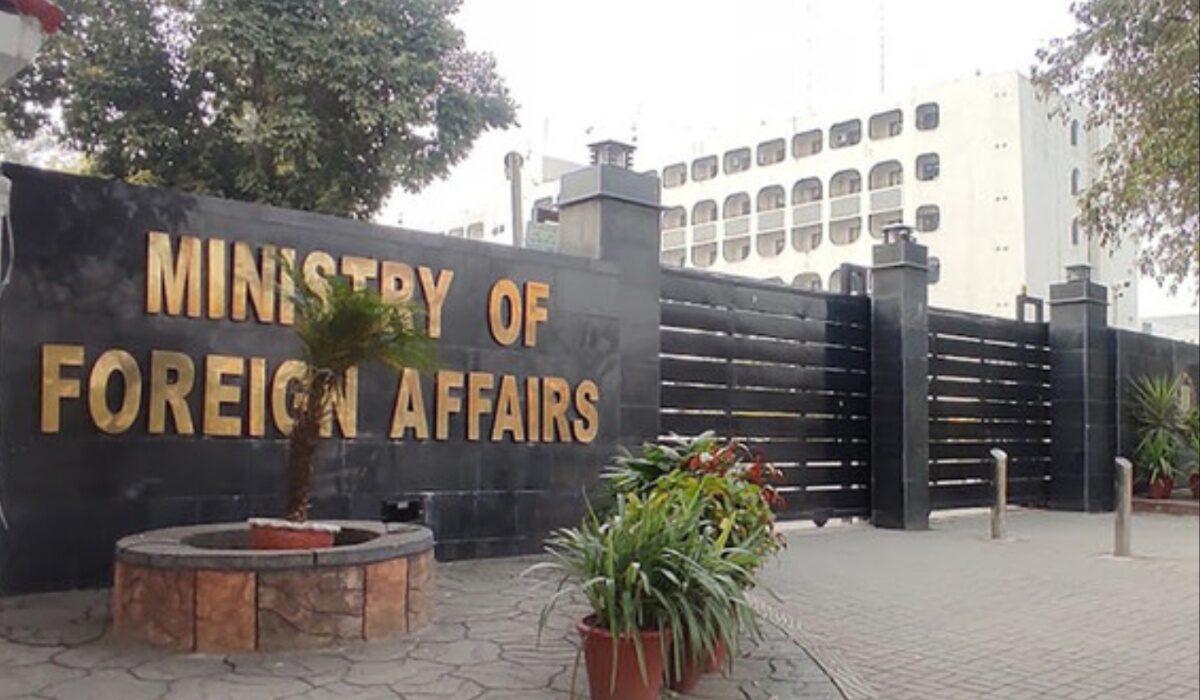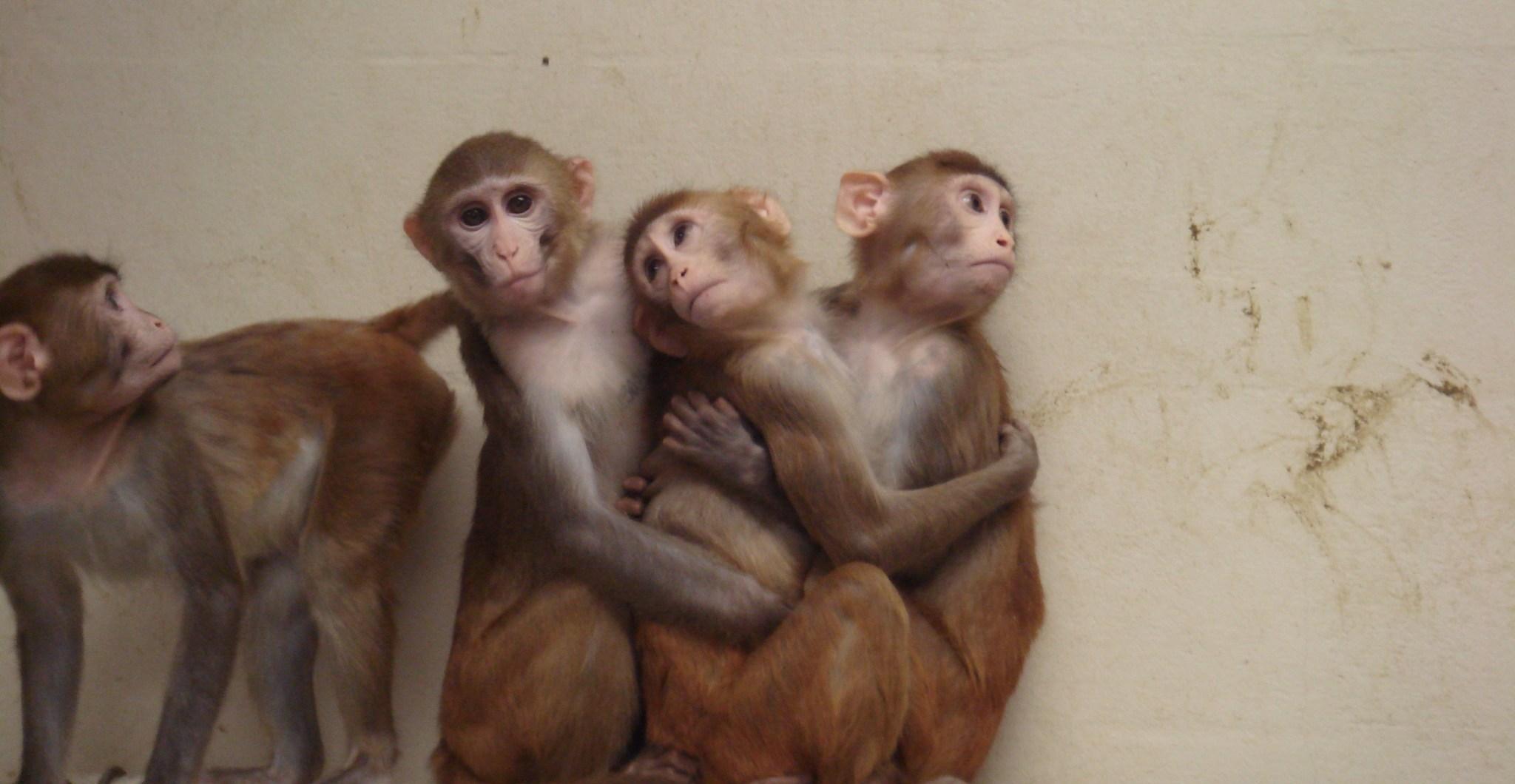The dollar’s falling on the belief that the Federal Reserve has done enough, said Adam Button


The US Dollar (USD) dropped to a two-week low against the euro and a basket of currencies on Wednesday after data showed that U.S. private payrolls rose less than expected in August, adding to expectations that the Federal Reserve would stop raising rates.
Softening data this week has raised bets that the U.S. central bank has concluded its tightening cycle. It follows a brief increase in expectations for a November rate hike after relatively hawkish comments by Fed Chairman Jerome Powell on Friday.This Friday’s jobs report for August will be closely watched for further confirmation that the tightness in the labor market is ebbing as interest rates remain relatively high.
“The dollar’s falling on the belief that the Federal Reserve has done enough,” said Adam Button, chief currency analyst at ForexLive in Toronto. “I think nonfarm payrolls will be the final ‘stick the fork in it’ moment if it’s soft.”
Friday’s jobs data is expected to show that employers added 170,000 jobs in August, according to the median estimate of economists polled by Reuters. (USNFAR=ECI)
Private payrolls rose by 177,000 jobs last month, the ADP National Employment report showed on Wednesday. Economists polled by Reuters had forecast private employment would increase by 195,000.
The greenback also fell on Tuesday after data showed that U.S. job openings dropped to the lowest level in nearly 2-1/2 years in July as the labor market gradually slowed.
Markets now see a 91% chance of the Fed leaving rates unchanged next month, the CME FedWatch Tool showed, and a 43% probability of a hike in November.
The dollar index fell 0.54% to 102.97. It has fallen from 104.44 last Friday, the highest since June 1.
The greenback slipped 0.09% to 145.735 Japanese yen, backing away from a 10-month high of 147.375 on Tuesday, and reducing the likelihood that Japanese authorities will step in to shore up the ailing currency.
The euro bounced 0.54% to $1.0938. It has risen from $1.07655 on Friday, the lowest since June 13.
The single currency was boosted by hotter than expected inflation in Germany, a day before highly anticipated consumer price data for the euro zone.
The likelihood of the European Central Bank hiking rates in September may depend on Thursday’s numbers.
Money markets raised their bets on a September rate hike from the ECB, pricing in a 60% chance of a 25 basis-point move.
“A September hike at this stage could be more of a coin toss, but more importantly, we sense that the hawks will see it as a last chance to hike one final time,” said Benjamin Schroeder, senior rates strategist at ING.
Meanwhile, Australian inflation slowed to a 17-month low in July, reinforcing the case for the Reserve Bank of Australia to hold rates steady at its policy meeting next week.
The Aussie dollar was last up 0.54% at $0.6514, after earlier dropping to $0.64495 in the wake of the data.
Courtesy: Reuters
Tarique Rahman sworn in as Bangladesh’s PM after landslide election victory
- 13 گھنٹے قبل

FMs condemn Israeli decision to designate lands in Occupied West Bank as so-called ‘state land’
- 15 گھنٹے قبل

US and Iran begin nuclear talks in Geneva as threat of war looms, Khamenei warns Trump
- 13 گھنٹے قبل

Samsung ad confirms rumors of a useful S26 ‘privacy display’
- ایک گھنٹہ قبل
Karachi AC survives petrol bomb assault in Lea Market
- 9 گھنٹے قبل
Australia, Ireland out of T20 World Cup as Zimbabwe qualify after washout
- 12 گھنٹے قبل

Pakistan, Bangladesh vow to work for regional peace, stability
- 9 گھنٹے قبل

How to un-Big Tech your online life
- ایک گھنٹہ قبل
Usman Tariq confident Pakistan can bounce back after India drubbing in T20 World Cup
- 14 گھنٹے قبل

UNESCO awards Pakistan’s first ever peace education chair to Prof. Dr. Hussain Mohi-ud-Din Qadri
- 14 گھنٹے قبل
Ramazan moon sighted in Saudi Arabia, UAE; first fast tomorrow
- 9 گھنٹے قبل
11 security officials martyred, 12 terrorists neutralised in Bajaur assault: ISPR
- 16 گھنٹے قبل















